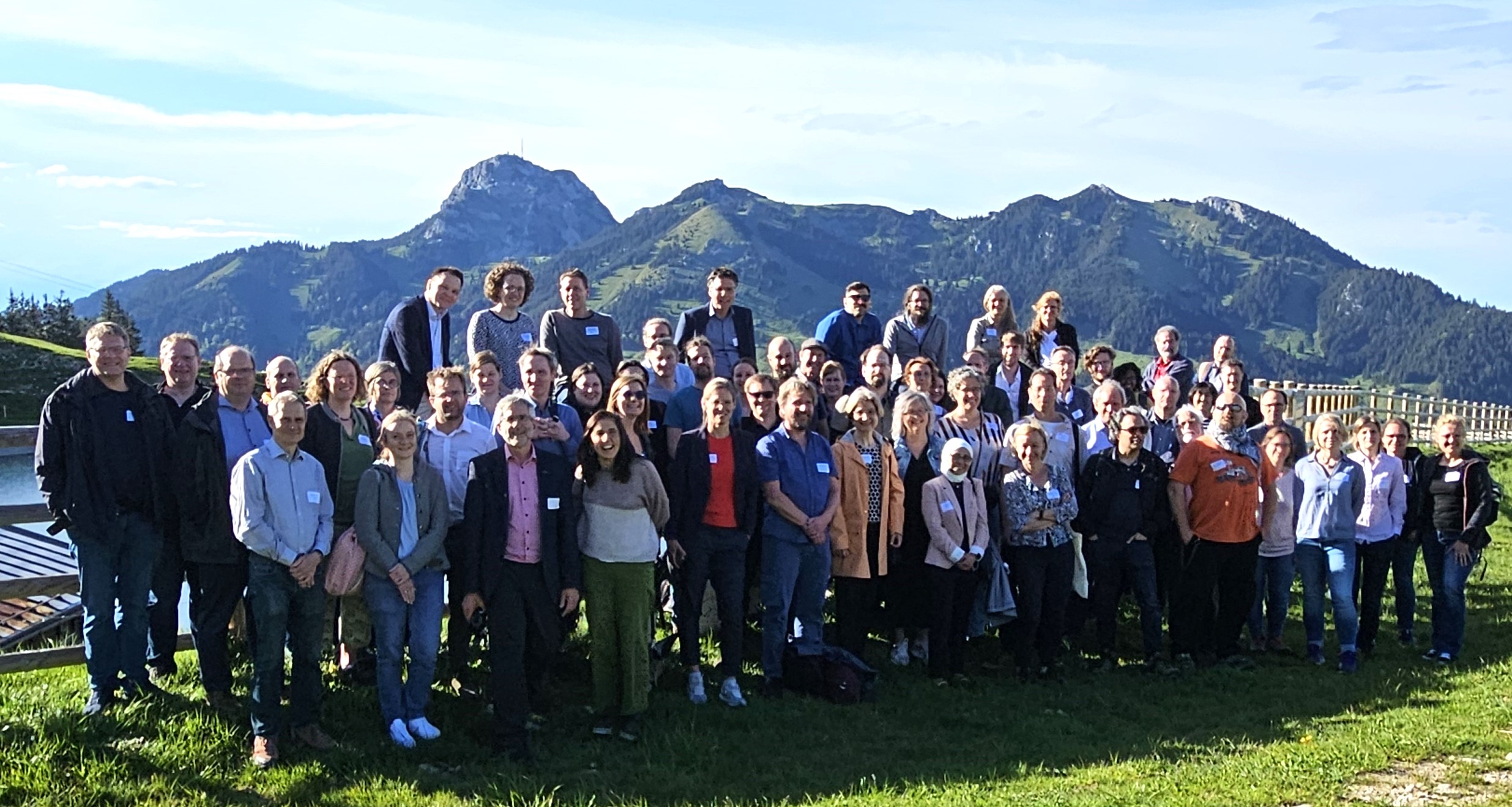Proceedings and videos of keynotes The conference proceedings and recorded keynote videos from the 12th…

Engineering education does not exist in a power-vacuum. As Paulo Freire (1996) put it: “There is no such thing as neutral education”. Ethicist or engineers who teach a technical course or ethics always co-determine power and justice. That is a positive thing, as you as a teacher have your impact. It is also indicating your responsibility.
Classical theories used in engineering ethics do not mention power explicitly, neither do most theories of ethics and philosophy of technology. The issue of power, and the contribution of an engineering ethics class to power, therefore, remains often undiscussed.
Msawenkosi Mkhize, undergraduate engineering student at University of Cape Town, South Africa, gives a strong personal story “Why social justice in engineering” is important. He expresses: “The hope is not that I build that asphalt road at home myself, but that a team of engineers, working together with the community, would do it.”
Patricia Xavier (Swansea University, UK) in “Finding spaces for humility and different perspectives in engineering community engagement” expresses his concern that the norms of undergraduate engineering education do not develop the people and justice skills needed for development work. He discusses critical reflection essays in which taken-for-granted assumptions are questioned, focussing on social perspectives, surface power relations and aim for emancipation.
Cristiano Cordeiro Cruz (Aeronautics Technological Institute, Brazil) in “Teaching and practicing emancipatory engineering: lessons from Brazilian Popular Engineering” pictures Brazilian Popular Engineering (PE) as another example. Popular Engineering aims at socio-environmentally changing the world through non-conventional or counter-hegemonic engineering practices. His claim is that ethics alone, or failing to include ontological, political and epistemological layers, will fall greatly short in supporting emancipation through sociotechnical interventions.
Jason Borenstein, (Georgia Institute of Technology, US) in “Cultivating Student Concern for Public Well-Being: An Ongoing Challenge for Educators” confirms this with empirical research in which he and his co-workers defined factors that may contribute to, or erode, student social responsibility attitudes. They conclude that it is very important to tease apart different types of social responsibility attitudes and forms of community engagement activities.
There clearly is no such thing as neutral engineering ethics education. These are but four contributions of an important field of how engineering (ethics) education can contribute to students and teachers being aware of the power relations they are in and how they can and will influence them. More experiments, research and actions will certainly be beneficial to make engineering ethics education more empowering and emancipatory.
Freire, P. (1996). Pedagogy of the oppressed (revised). New York: Continuum.
